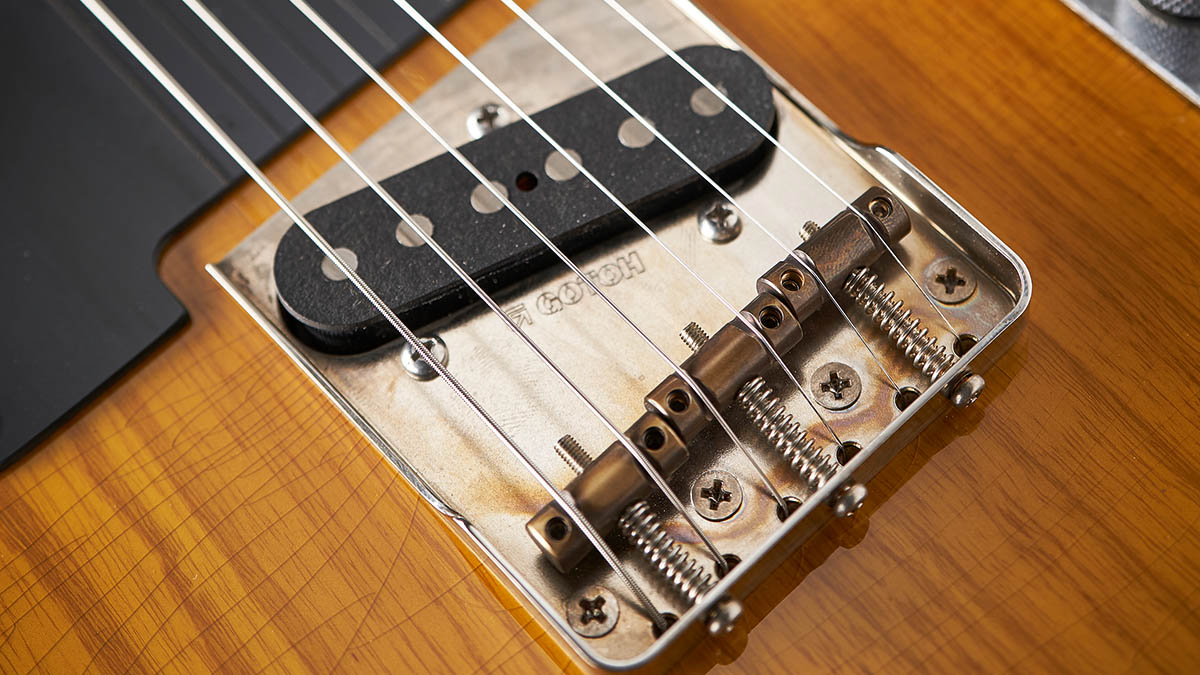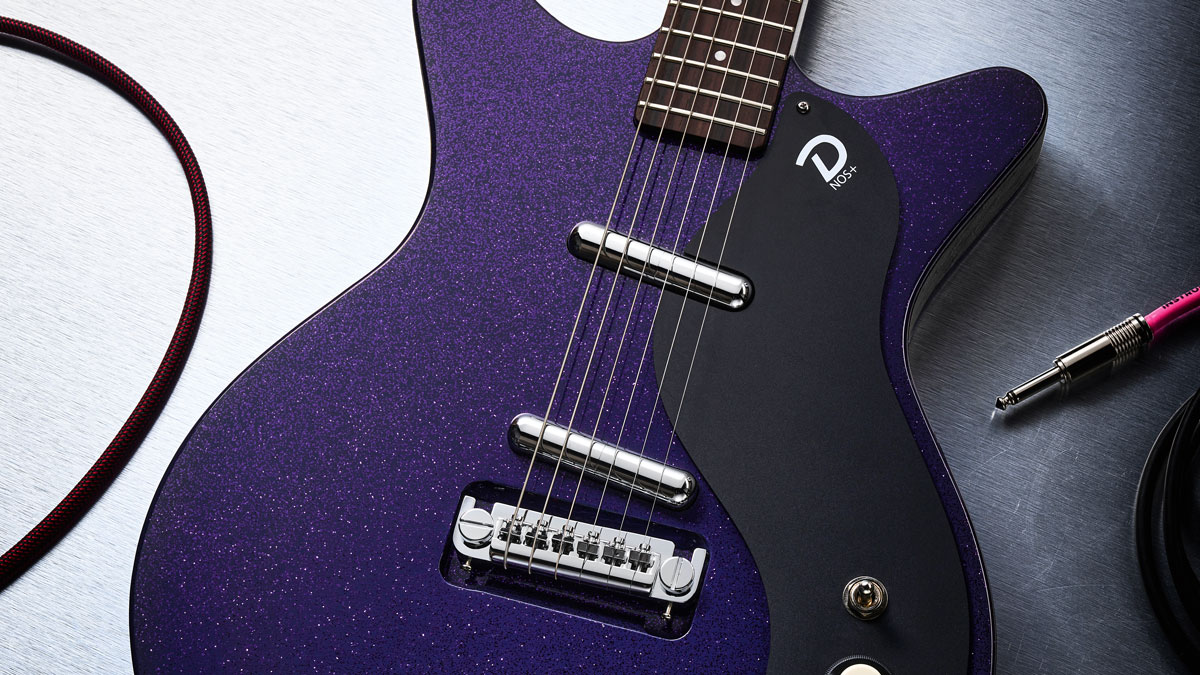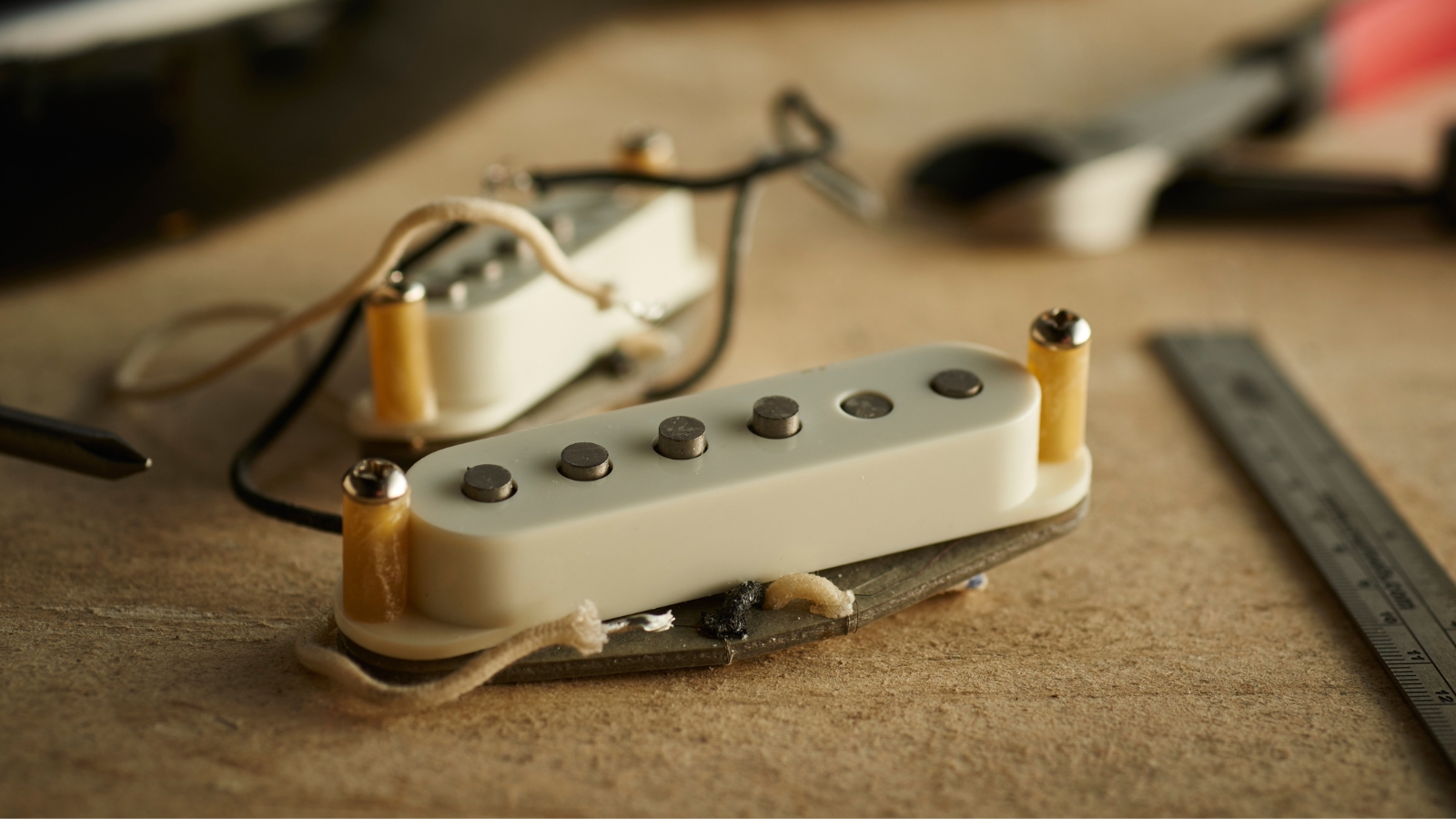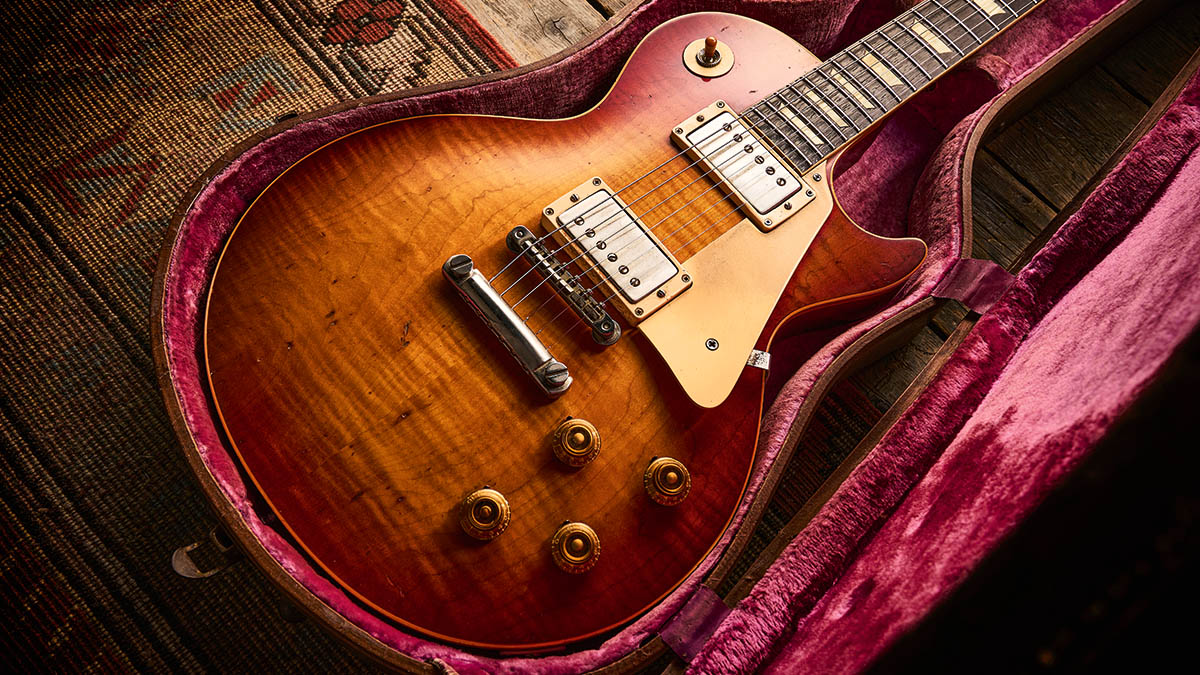“There does seem to be something of an obsession with lighter guitars”: Do lighter electric guitars sound better?
The debate surrounding the effect of weight on electric guitars and tone is long-running and often divisive. Our panel of experts, er, weigh in

Let me preface things by saying that this is neither a scientific paper nor a definitive answer. It’s simply a slice of wholegrain common sense, a meaty layer of builder knowledge, with a dollop of full-fat player experience.
To this end, I’ve conscripted music industry friends with bags of the aforementioned to help guide me through the shark-infested waters of opinion.
There does seem to be something of an obsession with lighter guitars, though. Ever noticed how many guitar store websites have photos of high-end instruments on scales, so you can see how heavy they are? In my experience lighter guitars do sound different from heavier ones.
Consider an 8lb Les Paul versus an 11lb monster. The lighter one is likely to be more responsive: tickle the strings and it mews like a kitten; whack it hard and it roars like a tiger. The hefty one will be more of a bruiser, with less dynamic response but more midrange grunt. And many players believe that’s what a Les Paul should sound like.
“Exactly!” exclaims Julian White, World Guitars’ owner and longtime vintage collector. “I often hear people say that a heavy guitar has better sustain. Usually, it’s older guys who fondly remember their ’70s and ’80s Les Paul Customs that weighed 10lb or more.” So it would seem a heavy Les Paul is simply a different kind of Les Paul than a lighter one.

The ultra-knowledgeable Tim Mills of Bare Knuckle Pickups elaborates: “As a general rule, the heavier a guitar the darker the tone, as higher frequencies lack the energy to resonate through the denser body. Low frequencies have a longer cycle and travel through more easily.
“Ever been outside a gig and all you hear is the low-end of the PA, drums and bass, then step inside and your head is taken off by the high-end of the guitars and cymbals? It’s similar to how vibrations resonate through guitar bodies, off the strings, via the bridge and through the pickups to the amplifier.”
Get The Pick Newsletter
All the latest guitar news, interviews, lessons, reviews, deals and more, direct to your inbox!
Whether lighter guitars actually sound better is a tougher nut to crack. Celebrated luthier Patrick James Eggle says: “In my experience, lighter guitars do sound better and are more reactive. We build a variety of models and have target weights for each, for this very reason.
“Our Macon carved-tops are set-neck, normally with maple and mahogany bodies, and our target weight is around 8lb. We use honeycomb body chambering as it reduces weight without scooping the tone.”

World Guitars’ Julian feels the same: “Having owned a fair few solidbody electrics and played many, many more, I’ve noticed a direct correlation between weight and tone. Talking Custom Shop Les Paul Standards, the reissues tend to weigh between 8lb and 9lb, the majority over 8.5.
“The LPs in the low eights have the noticeably more ‘airy’ and ‘woody’ tone that I associate with older guitars. High eights and above are more focused and ‘pushy’, often appearing louder.”
So that’s the set-neck side of things, but how about bolt-ons? “The lighter Fenders of around 7lb do have a more airy tone,” Julian reckons, “but a bigger factor for me is whether they are ash or alder bodied. Ash definitely gives more snap and a generally brighter tone.”
Patrick prefers his bolt-ons on the lighter side, too. “Our T-style Oz guitars are almost all built with very light swamp ash bodies and roasted maple necks. Most weigh between 6.5lb and 7lb. But there’s a sweet spot for each family of guitar, which is where our target weights come in.”
Beyond weight

But what about the effect of pickups on tone? “The type of pickup will play a massive role in the sound of a guitar, regardless of body weight,” opines Tim. “Single coils have a higher resonant peak and wider frequency response, humbuckers have a narrower, midrange-focused response and lower resonant peak.
“Partnering a lower output pickup with a higher resonant peak can help make the most of the available treble response of a heavy guitar, while pickups with lower resonant peaks can be a good solution for controlling the high-end response of a lighter-bodied guitar. This is where having a thorough understanding of your guitar can help immensely when it comes to choosing pickups.”
Patrick, too, thinks you can govern the outcome to some degree. “We tend to fit lower output pickups in lighter guitars. High-output pickups in light guitars can be a lot of fun but harder to control.”
To replicate the ageing process many acoustic guitar manufacturers employ torrefaction, essentially slow roasting their guitars’ tops and bracing. Electric builders are doing it now, too, as Patrick mentioned with his Oz range.
Julian again: “Yes, it’s said to simulate years of drying out or ‘seasoning’. While sceptical at first, some of the really good-sounding S-type guitars I’ve played recently have used torrefied woods. The most noticeable was a Custom Shop Strat that sounded wonderful. I later found out it had both a roasted neck and body.”

Whether vintage guitars sound better than new ones is a controversial issue. My question is, does the ’57 Strat or ’59 Les Paul that you try today sound identical to when its original owner plugged it in decades ago? I’ll hazard not, and let Julian give his view on why.
Older wood has the warmer, more ‘woody’ sound that I associate with vintage guitars, due to those decades of natural seasoning
“Vintage guitars certainly do sound different, and I prefer the tone. It could be down to the pickups becoming weaker with age, better quality steel in the hardware, thinning nitro lacquer and so on, but the biggest factor [to consider] I think is the wood.
“Older wood has the warmer, more ‘woody’ sound that I associate with vintage guitars, due to those decades of natural seasoning. Some people will totally disagree with all this, as one person’s ultimate dream tone may not be right for another.”
Tim agrees: “Any guitar, light or heavy, can create a good tone so long as you want to pick it up, connect with it and enjoy playing it.” But does Patrick’s final point seal the deal on weight? “We don’t build many of what I would call ‘heavy’ guitars,” he confesses, “as literally nobody asks for it.”
So, what do you think? Do you prefer light, heavy or somewhere in between?
In the late '70s and early '80s Neville worked for Selmer/Norlin as one of Gibson's UK guitar repairers, before joining CBS/Fender in the same role. He then moved to the fledgling Guitarist magazine as staff writer, rising to editor in 1986. He remained editor for 14 years before launching and editing Guitar Techniques magazine. Although now semi-retired he still works for both magazines. Neville has been a member of Marty Wilde's 'Wildcats' since 1983, and recorded his own album, The Blues Headlines, in 2019.
“It combines unique aesthetics with modern playability and impressive tone, creating a Firebird unlike any I’ve had the pleasure of playing before”: Gibson Firebird Platypus review
“This would make for the perfect first guitar for any style of player whether they’re trying to imitate John Mayer or John Petrucci”: Mooer MSC10 Pro review










